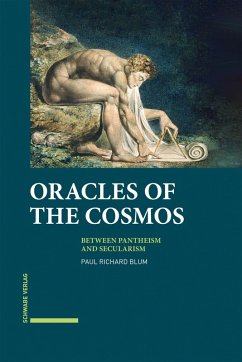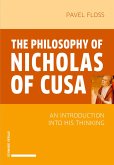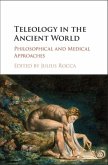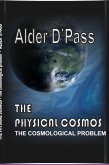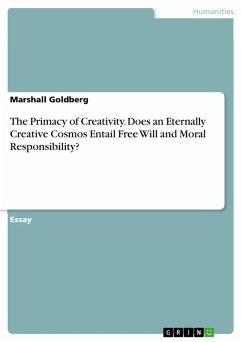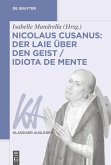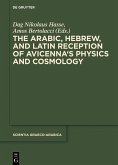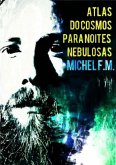The divide between science and religion has its roots in the early modern period. In the first part, the popular talk of oracles of reason is traced back to the ancient oracles published in the 15th century, and it is shown how this led to the emergence of a "natural" theology that does without revelation, so that eventually reference to a divine creator seems superfluous. In the second part, using the concept of the cosmos, it is shown that mathematics, especially geometry, has been part of the theological interpretation of Creation since the Middle Ages. From this developed the concept of transcendence as rooted in human thought. Therefore, cosmos, creation, and humanity, which are mutually exclusive, form a unity of complementary elements.
Dieser Download kann aus rechtlichen Gründen nur mit Rechnungsadresse in A, B, BG, CY, CZ, D, DK, EW, E, FIN, F, GR, H, IRL, I, LT, L, LR, M, NL, PL, P, R, S, SLO, SK ausgeliefert werden.

